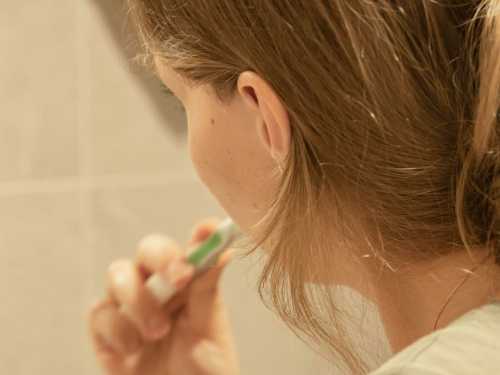
Intrauterine devices, or IUDs, and implants — tiny, thin rods smaller than a match stick coated with hormones and placed under the skin in the arm — are considered to be highly-effective, reversible contraceptive methods.
But they’re also expensive forms of birth control for women without appropriate insurance coverage. In addition to physician fees for placement of the device, the price of an intrauterine device or implant hovers just short of $1,000, according to Goodrx.com, a prescription comparison site.
“When you remove cost as a factor, people are more likely to select more effective contraception methods that are often the most expensive up front,” Jessica Sanders, Ph.D., MSPH, first author and research assistant professor in Obstetrics and Gynecology at University of Utah Health, said in a press release.
Trump administration rolling back mandate to cover birth control
Sanders and her colleagues at the University of Utah enrolled more than 4,400 women in the study, which spanned three years.
The study was separated into three six-month periods. For the first six months, they observed patterns of contraceptive choices without altering them. For the second six months, they offered women any type of birth control for free, and guaranteed that the contraceptive was available and could be given that same day. During the final six months, they added a local media campaign in Utah’s Salt Lake County to provide education about long-lasting contraceptives, as well as advertise the availability of no-cost contraception; this included posts to Facebook and Instagram.
Hormonal birth control linked to increased breast cancer risk, study says
“When we added education and outreach to the picture, we saw an increase in the demand for these methods,” Sanders said. The study results showed the odds of getting an implant or IUD increased 1.6 times with the first intervention and 2.5 times after they added the media campaign.
The researchers plan to follow the participants in this study to determine the impact of universal access to family planning services over the next years.
Sourse: abcnews.go.com






